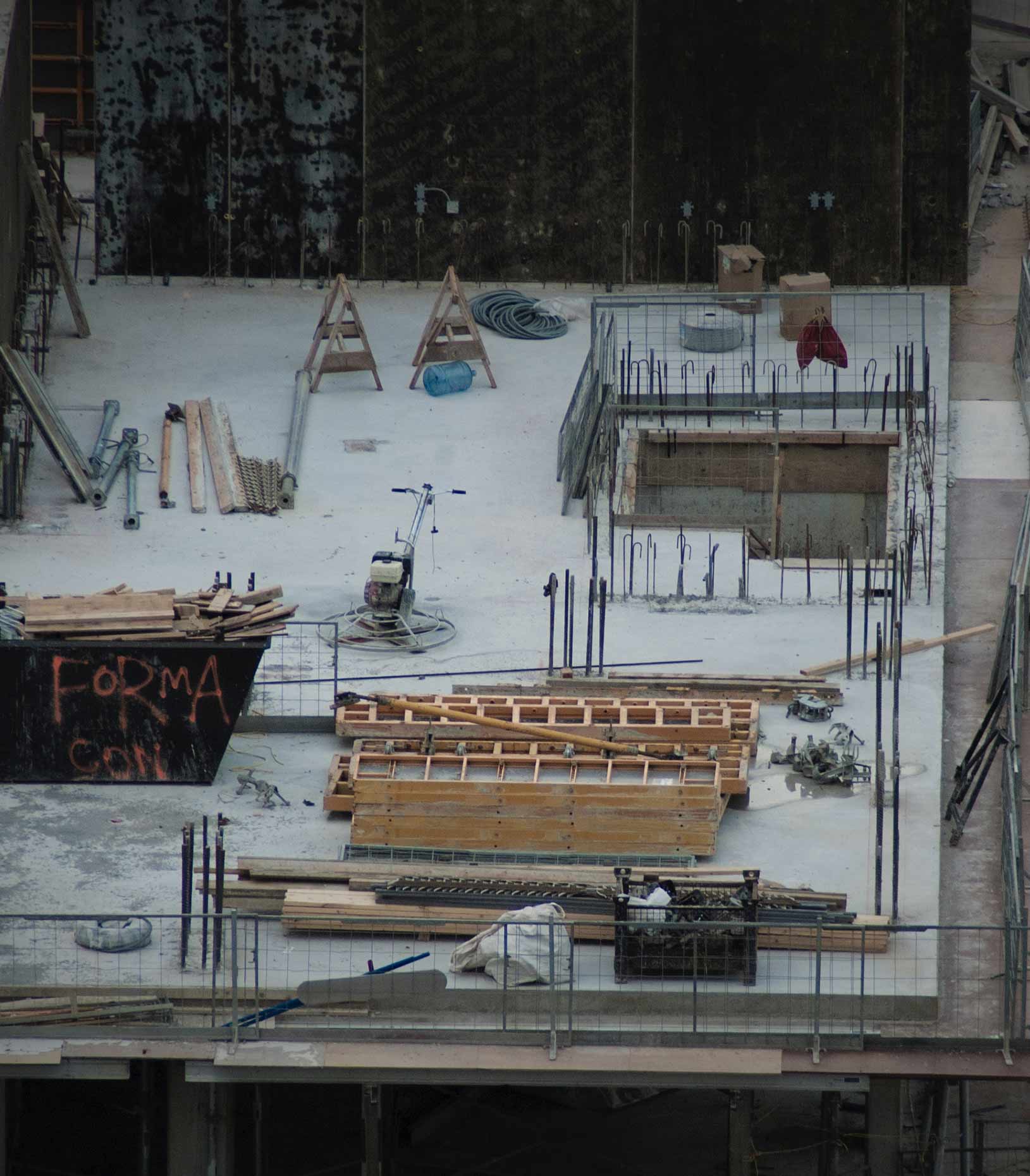Palm City Premises Liability Lawyers

Unexpected injuries happen every single day, and in most cases, no one is to blame. If you lose your balance on the boardwalk, for example, you might stumble and fall, but chances are it's simply a case of clumsiness.
With any luck, you will be able to get up, dust off, and continue on your way. When accidents do not result in serious injuries, there's no need to assign blame because there's no need to collect damages. But if, for example, you were to land on a rusty nail sticking out of one of the boards, you might sustain a deep wound that's prone to infection. In such a scenario, it is essential to determine liability so you can file a claim because the medical bills can add up quickly.
Even if clumsiness was to blame for the fall, the person or municipality responsible for maintaining the boardwalk failed to remove the hazardous condition that ultimately caused your injury. Therefore, you may have grounds for a premises liability claim.
As the boardwalk example demonstrates, premises liability is a complicated legal area. Although there are dozens of variables at play, a single detail of the accident can determine who is liable for your damages.
If you were hurt on a poorly maintained property, turn to Donaldson & Weston. Our personal injury lawyers will evaluate the circumstances of your accident to determine if your case has merit. We will then gather evidence of liability and damages on your behalf so you can focus on recovering. Call 772-266-5555 to schedule a free case evaluation with one of our Palm City premises liability attorneys.
With any luck, you will be able to get up, dust off, and continue on your way. When accidents do not result in serious injuries, there's no need to assign blame because there's no need to collect damages. But if, for example, you were to land on a rusty nail sticking out of one of the boards, you might sustain a deep wound that's prone to infection. In such a scenario, it is essential to determine liability so you can file a claim because the medical bills can add up quickly.
Even if clumsiness was to blame for the fall, the person or municipality responsible for maintaining the boardwalk failed to remove the hazardous condition that ultimately caused your injury. Therefore, you may have grounds for a premises liability claim.
As the boardwalk example demonstrates, premises liability is a complicated legal area. Although there are dozens of variables at play, a single detail of the accident can determine who is liable for your damages.
If you were hurt on a poorly maintained property, turn to Donaldson & Weston. Our personal injury lawyers will evaluate the circumstances of your accident to determine if your case has merit. We will then gather evidence of liability and damages on your behalf so you can focus on recovering. Call 772-266-5555 to schedule a free case evaluation with one of our Palm City premises liability attorneys.
Do I Have Grounds for a Premises Liability Claim?
Negligence is the basis of every successful premises liability claim. If an accident that the property owner could not have anticipated or prevented occurs, he or she may not liable for the damages. If someone gets hurt as a direct result of negligence, though, the injured party would likely have grounds for a claim.
You can prove negligence by establishing that the opposing party owed you a duty of care and then demonstrating how they breached this duty. As long as you were not trespassing, establishing a duty of care is relatively straightforward.
When it comes to proving there was a breach of duty, evidence gathered at the scene can be the most damning. In the scenario mentioned above, for example, a timestamped photograph of the rusty nail would contribute to the strength of your claim.
Proving some kind of breach occurred is essential for building a strong case, but it is not the only element that matters. Without negligence, there might not be a case, but without damages, there will not be a settlement. In order to recover a payout, you must be able to demonstrate that you incurred losses as a direct result of the accident.
You can prove negligence by establishing that the opposing party owed you a duty of care and then demonstrating how they breached this duty. As long as you were not trespassing, establishing a duty of care is relatively straightforward.
When it comes to proving there was a breach of duty, evidence gathered at the scene can be the most damning. In the scenario mentioned above, for example, a timestamped photograph of the rusty nail would contribute to the strength of your claim.
Proving some kind of breach occurred is essential for building a strong case, but it is not the only element that matters. Without negligence, there might not be a case, but without damages, there will not be a settlement. In order to recover a payout, you must be able to demonstrate that you incurred losses as a direct result of the accident.
